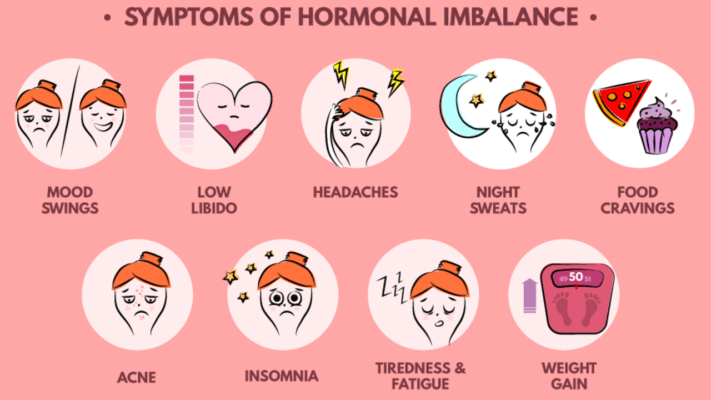Health
Which hormone imbalance causes acne irresistibly pop? New 22
Having imbalanced hormones can seriously affect your skin’s health and knowing which hormone imbalance causes acne will really help clearer your skin from acne.
What are hormones?
Scientists have identified over 50 hormones in the human body so far but which hormone imbalance causes acne? Hormones control many different bodily processes, including:
-
Metabolism.
-
Homeostasis (constant internal balance).
-
Growth and development.
-
Sexual function.
-
Reproduction.
-
Sleep-wake cycle.
-
Mood.
So now you can see how important is for you to have balanced hormones. Hormones control so many aspects of our body system. Not only the skin but other important parts of our life too.
What is hormone imbalance?
A hormonal imbalance happens when you have too much or too little of one or more hormones — your body’s chemical messengers. It’s a broad term that can represent many different hormone-related conditions. Let’s see if hormone imbalance causes acne.
Symptoms of a hormonal imbalance specific include:
- heavy or irregular periods, including missed periods, stopped periods, or frequent periods
- hirsutism, or excessive hair on the face, chin, or other parts of the body
- acne on the face, chest, or upper back
- hair loss
- hyperpigmentation
- skin tags
- vaginal dryness
- vaginal atrophy
- pain during sex
- night sweats
- headaches
Which hormone causes acne?
Hormone imbalance causes acne is hormonal acne and which occurs when a person’s hormone level fluctuates. Fluctuations of estrogen, progesterone, and testosterone can cause zits and pimples to pop up. Typically, these fluctuations happen mostly during menstruation cycles, pregnancy, and menopause.
During these times of increased hormones, the body produces more sebum, an oily, waxy substance. This then leads to inflammation, changes in skin cell activity, and colonization of bacteria in hair follicles. With this combination, acne starts to appear. Medications, antibiotics, specific foods, depression, anxiety, stress, and other mentally triggering elements can cause hormonal acne as well.
Hormonal acne, also known as adult acne, affects adults between the ages of 20 and 50. Acne causes bumps on your face, shoulders, chest, and back in the following forms:
- Pimples.
- Blackheads.
- Whiteheads.
- Cysts.
What can make hormonal acne worse?
- Stress.
- Pollution.
- High humidity.
- Squeezing or picking at blemishes.
- Poor diet (specifically refined carbohydrates and sugars).
Now that you know which hormone imbalance causes acne, you should know too how to treat them and how you can prevent it.
How do I treat hormonal acne?
- Blackheads and whiteheads: Topical cream (tretinoin).
- Inflammatory acne: Topical retinoid and/or topical antibiotic and/or benzoyl peroxide.
- Moderate to severe acne: Antibiotic and/or isotretinoin (retinoid).
- Cystic acne: Steroid injection (intralesional triamcinolone).
What are other treatments for hormonal acne?
- Daily skin cleansing.
- Birth control (oral contraceptives).
- Change in diet.
- Laser or light therapy.
- Take supplements.
How can I reduce my risk of hormonal acne?
- Make lifestyle changes to reduce stress, get better sleep and eat a healthy diet.
- Use skincare products that won’t clog pores.
- Discuss treatment options with your healthcare provider for persistent acne.
- Consistently consume supplements.

